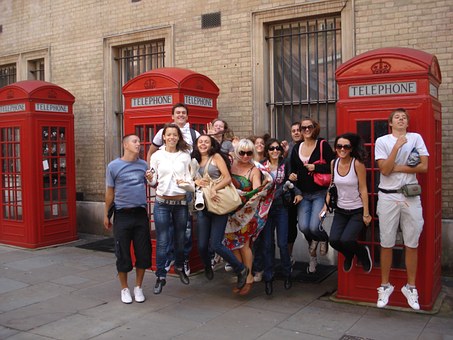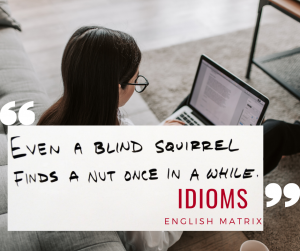Looking for a special language learning experience?

Welcome to English Matrix!
Why are you here?
Definitely, because you want to communicate confidently in a fluent English. You certainly have something to say and want to say it loudly and clearly.
Do you need English for travelling or for business, for a better job, for an exam or for your pure pleasure?
Our English Matrix Decoder is fun enough, easy enough and hard enough to serve all the purposes you might have.
Studying English is also a great way to keep your brain fit, as well as making friends all around the Globe!
Give yourself a chance to always stay active and supported by a team made up of positive and highly motivational people.
Just do yourself a favor and try our English Matrix Decoder
Get started with an Introductory Lesson to achieve your English fluency sooner.
Teacher Ambra Mariana Dragut

One-to-One English Lessons
Meet Teacher Ambra Mariana Dragut for an unforgettable English learning experience
The Present Simple Tense – Use
1: We use the present simple when something is generally or always true. People need food. It snows in winter here. Two and two make four. 2: Similarly, we need
‘S GENITIVE / POSSESSIVE IN ENGLISH
The Saxon Genitive is one of the main forms we use to express possession in English. It’s something that many people have heard of but perhaps find it a little

Idioms
These common idioms are for speaking rather than writing. Common Idioms List SET 1 Common Idioms Definitions It cost me an arm and a leg to take my trip to

Prepositions of Location
Prepositions of Location above — at a higher level (see “over”) “The plane flew above the clouds.” below — at a lower level (see “under”) “The divers went 100 feet below

Comparatives and Superlatives – Intermediary
Choosing between comparatives and superlatives – Intermediate Level Comparing two people, places, things, etc. My car is a bit older than yours. London is more expensive than Edinburgh. This test

(a) little and (a) few
(a) little and (a) few 1 uncountable and plural We use the determiner (a) little with singular (usually uncountable) words, and we use (a) few with plurals. Compare: I have little interest in politics. Few politicians

